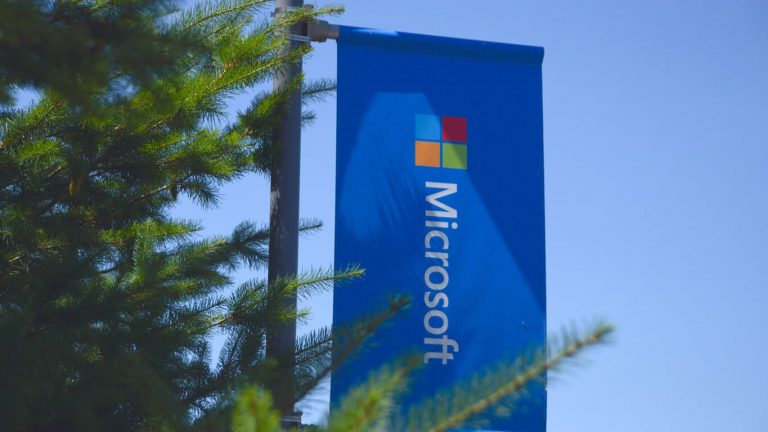Today, Microsoft announced Chris Bishop is the new director of Microsoft Research Cambridge, the European branch of Microsoft’s research group.
Bishop, who earned his Ph.D. in theoretical physics from the University of Edinburgh, was previously the deputy managing director of Microsoft Research at Cambridge’s lab. He has spent a great deal of his career working on artificial intelligence and machine learning at Aston University in Birmingham, UK and the Isaac Newtown Institute for Mathematical Studies in Cambridge. It was when he was running a six-month program on machine learning and neural networks at the Isaac Newton Institute that he was first approached to join Microsoft Research Cambridge.
Speaking on his new position, Bishop says it will allow him to do what he likes best: “to learn about different areas of science and technology, and find connections between them.”
Bishop adds:
“My career is characterized by moving from one area to another, and that’s because I love new ideas… I’ve always loved learning new things”
In the announcement of his new position, Bishop says he believes the kind of cross-disciplinary work he enjoys is “both exciting and important to achieving significant breakthroughs” and is “one of the main advantages of a lab like Microsoft Research Cambridge, where researchers are studying everything from biological computation to computer security.”
When speaking of Microsoft Research Cambidge, he says “our breadth is one of our great strengths.”
This cross disciplinary approach and excitement for new ideas is reflected in Bishop’s work, that has recently spanned everything from childhood asthma to rocket science. He has also written two major textbooks, made videos to get kids and adults excited about science, become an airplane pilot, and maintained a position as a computer science professor at the University of Edinburgh.
Now as the head of Microsoft Research at Cambridge he will be leading their efforts on a wide array of efforts as that lab has recently done such projects as collaborating on the treatment of leukemia and lymphoma to helping advance the BBC’s project to give every middle school child in the UK a Micro:bit.


